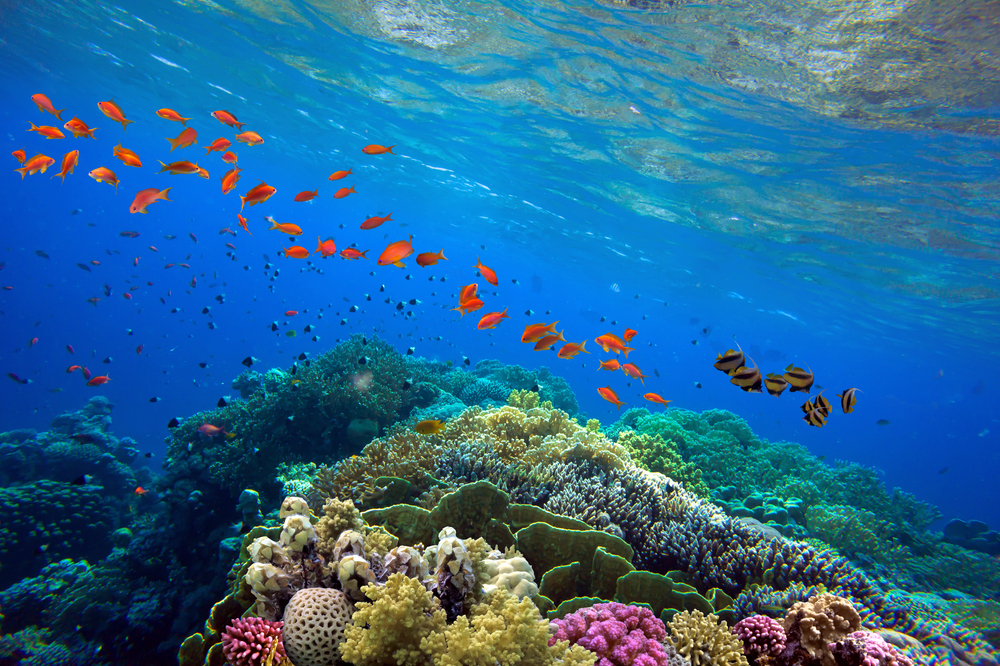A team of scientists led by a CNRS researcher has made a startling discovery: the most threatened reef fish are also the most neglected by both scientists and the general public.


A team of scientists led by a CNRS researcher has made a startling discovery: the most threatened reef fish are also the most neglected by both scientists and the general public.

Urban agriculture, the practice of cultivating crops within city limits, has garnered increasing attention as a potential solution for creating sustainable and resilient urban food systems. This alternative form of farming is celebrated for its social, nutritional, and place-based environmental benefits. However, a recent international study led by the University of Michigan has uncovered a significant environmental concern – the carbon footprint associated with urban agriculture is, on average, six times larger than conventionally grown produce.

In recent years, the world has witnessed a surge in devastating wildfires, a grim consequence of climate warming. The ramifications extend beyond the immediate destruction, seeping into the delicate balance of ecosystems. While extensive studies have explored the impact of wildfires on terrestrial landscapes, groundbreaking research from the University of California San Diego and other esteemed institutions sheds light on a previously overlooked dimension—wildfires’ influence on aquatic ecosystems. This revelation, featured in two research studies published in the journal Global Change Biology, marks a paradigm shift in our understanding of the far-reaching consequences of climate-induced wildfires.

The Earth’s vast and interconnected oceanic realm, often hailed as the global life-support system, is undergoing transformative changes in response to the sweeping impacts of climate change. A groundbreaking study conducted by a team of researchers at Incheon National University delves into the nuanced relationship between climate change and marine microbes, shedding light on their pivotal role in the production of greenhouse gases, notably nitrous oxide (N2O) and methane (CH4). The findings, detailed in Volume 196 of Marine Pollution Bulletin on November 1, 2023, highlight the urgent need for a comprehensive understanding of the consequences of climate change on ocean ecosystems.